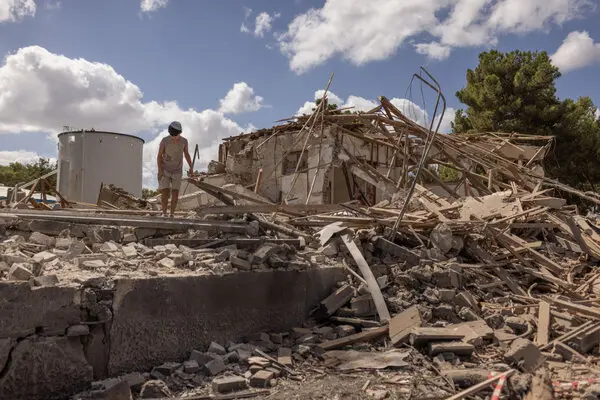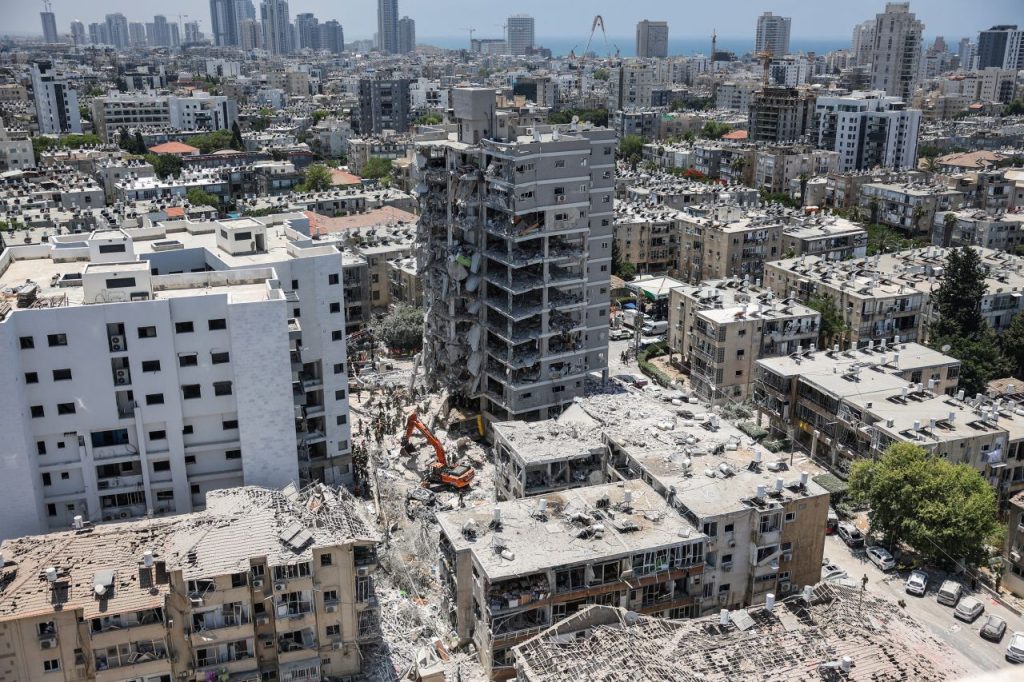The escalating conflict between Israel and Iran, which intensified on June 13, 2025, has raised global concerns about the potential for a broader war, possibly even a Third World War.
This situation is particularly alarming given the involvement of major world powers and the strategic importance of the Middle East.
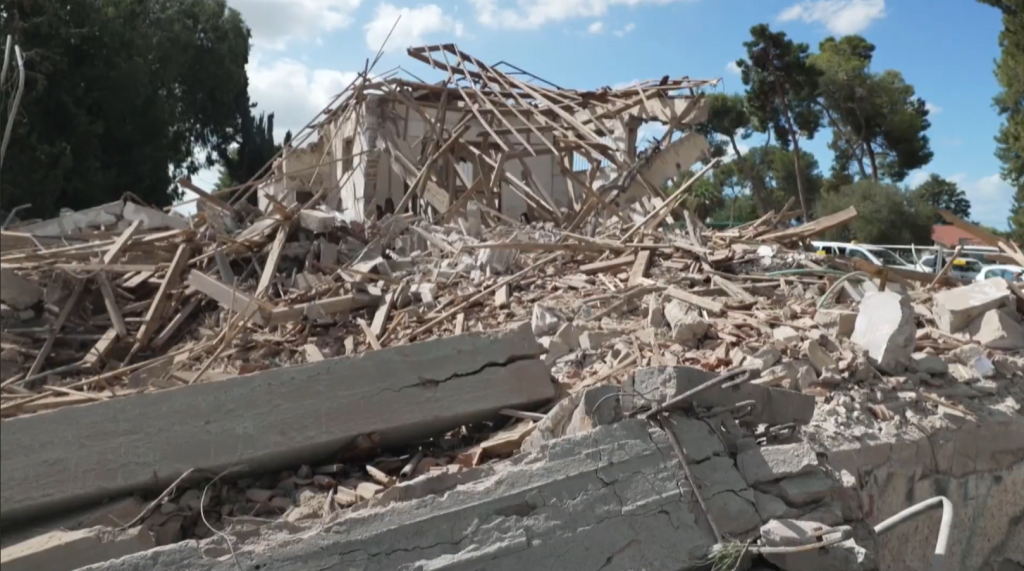
The conflict began when Israel launched a preemptive strike on Iran’s nuclear and military facilities, citing violations of nuclear non-proliferation obligations by Iran. In retaliation, Iran fired over 150 ballistic missiles and more than 100 drones at Israeli targets, including civilian areas and infrastructure. The exchanges have resulted in significant casualties on both sides, with over 200 reported dead and many more injured .
Global Implications
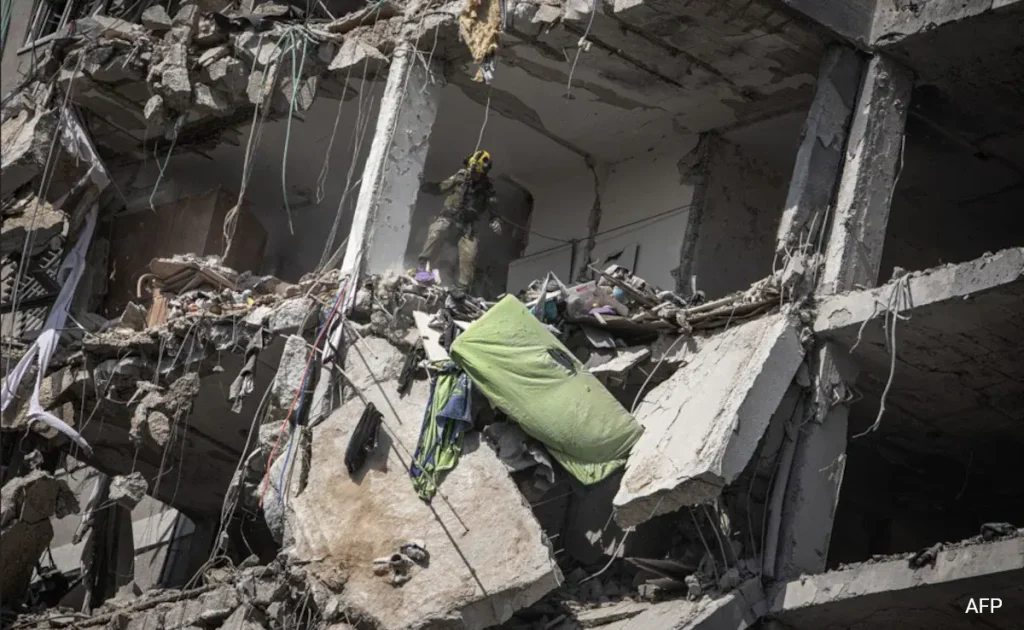
1. Regional Instability
The Middle East is already a volatile region, and this direct confrontation between Israel and Iran has the potential to destabilize neighboring countries. Nations like Saudi Arabia and the United Arab Emirates could be drawn into the conflict, either through direct involvement or by supporting proxy groups aligned with their interests .
2. Involvement of Major Powers
The United States has historically been a staunch ally of Israel and has increased its military presence in the region. Iran, on the other hand, has support from countries like Russia and China, who have strategic interests in the Middle East. A direct confrontation could lead to a proxy war involving these global powers, escalating the conflict beyond the region .
3. Economic Disruptions
The Strait of Hormuz is a critical chokepoint for global oil shipments. Any disruption in this area could lead to soaring oil prices, affecting economies worldwide. Additionally, attacks on oil facilities, like the recent strike on Iran’s South Pars gas field, have already led to significant production losses and could further strain global energy markets .
4. Cyber Warfare
Both Israel and Iran possess advanced cyber capabilities. A full-scale war could see cyberattacks targeting critical infrastructure, financial systems, and communication networks, leading to widespread disruptions and further complicating efforts for peace.
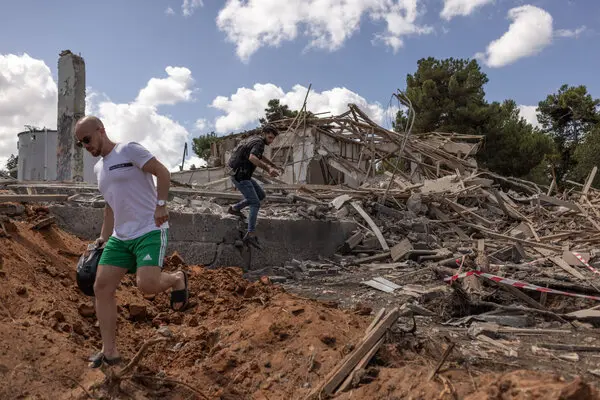
The convergence of regional instability, involvement of major powers, economic disruptions, and cyber warfare creates a volatile situation. If not managed carefully, this conflict could spiral into a broader global war, drawing in nations from around the world and leading to catastrophic consequences.
To prevent further escalation, it is crucial for international bodies like the United Nations to facilitate dialogue between Israel and Iran. Diplomatic efforts should focus on de-escalation, humanitarian aid, and long-term solutions to address the underlying issues fueling the conflict. The global community must prioritize peace and stability to avert a potential global catastrophe
